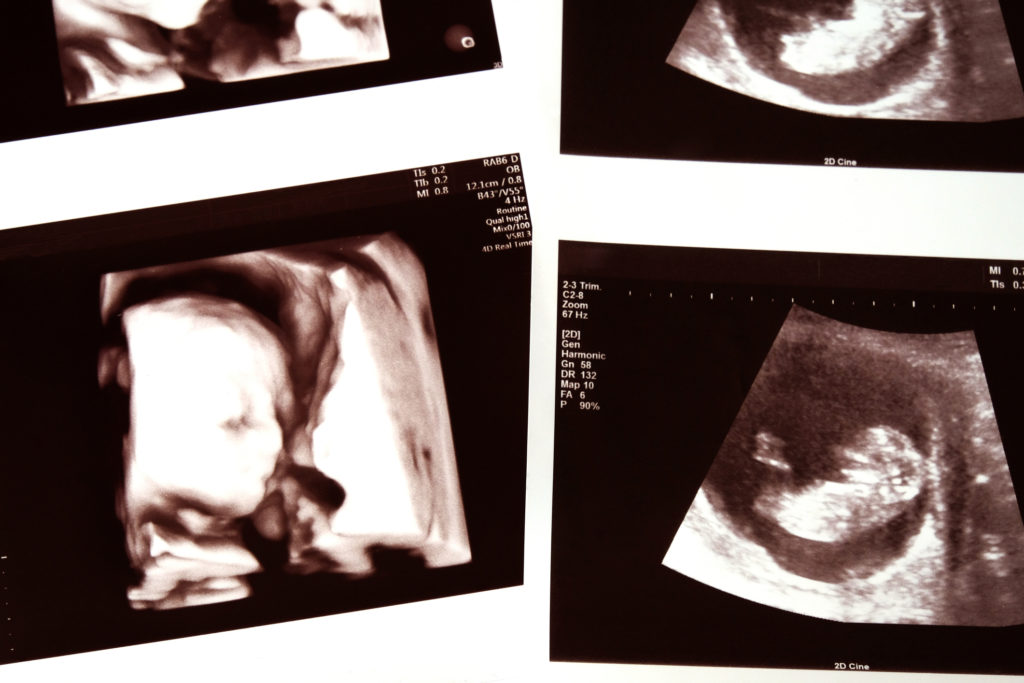
NASHVILLE (BP) — In June, the pro-life movement celebrated the one-year anniversary of Dobbs v. Jackson Women’s Health Organization, the Supreme Court ruling that overturned Roe v. Wade. But in the wake of that significant victory, the fight to protect preborn life and care for vulnerable mothers has continued at the state and federal level. Here are four recent events related to abortion you should know about.
Iowa lawmakers approve ban on most abortions after about 6 weeks
The Iowa House has approved a new law that bans most abortions after approximately six weeks of pregnancy. Currently, abortion is legal in Iowa up to 20 weeks of pregnancy. But this law prohibits almost all abortions once cardiac activity can be detected, which typically occurs around six weeks of pregnancy. The new legislation will take immediate effect once it is signed by Gov. Kim Reynolds.
Abortions after six weeks would be allowed only in such cases as:
- rape, if reported to law enforcement or a health provider within 45 days
- incest, if reported within 145 days
- if the fetus has a fetal abnormality “incompatible with life”
- and if the pregnancy is endangering the life of the pregnant woman
This bill also does not hold a woman criminally or civilly liable for having an abortion.
Iowa will join 11 other states that ban abortion as early as six weeks: Georgia, Idaho, Kentucky, Louisiana, Mississippi, North Dakota, Ohio, Oklahoma, South Carolina, Tennessee and Texas.
Idaho sued over abortion trafficking ban that makes it a crime to help minors get abortions without parental consent
A lawsuit has been filed against the state of Idaho over its new law that restricts some out-of-state travel for abortions. Abortion is already banned in Idaho at all stages of pregnancy. But the new law makes it illegal for an adult to help a minor get an abortion without parental consent, and anyone who helps a pregnant minor get an abortion in another state can be punished by two to five years in prison.
The law is the first to expressly criminalize assisting with an out-of-state abortion. It attempts to sidestep violating a constitutional right to travel between states by making illegal only the portion of the trip that takes place in Idaho.
The lawsuit claims that the law infringes on the right to interstate travel and on First Amendment rights to speak about abortion and provide support for pregnant minors traveling within and outside of Idaho. Abortion remains legal in the neighboring states of Washington, where no parental consent is required, and Oregon, where people over age 15 can get abortions without parental consent.
Pro-abortion advocates in Ohio push to codify abortion in the state’s constitution
Ohio is poised to become the next major battleground in the pro-life fight to prevent the expansion of abortion. Pro-abortion rights groups submitted more than 700,000 signatures for a ballot initiative that would codify the right to an abortion in the state’s constitution. The initiative, known as Issue 1, would amend the Ohio Constitution to state that “every person has the fundamental right to choose or refuse contraception or sterilization” and “every person has the fundamental right to choose to have an abortion.” The initiative is expected to be on the ballot in November 2023.
During the last election season, similar pro-abortion measures passed in six states that had similar ballot initiatives. Other ballot campaigns to expand or codify a right to abortion are being pushed in several other states including Arizona, Colorado, Florida, Maryland, Missouri, Nevada, New York, Ohio and South Dakota.
U.S. government ordered to pay $2.2 million in fees to religious non-profit in abortion lawsuit
A federal judge in Texas has ordered the U.S. government to pay $2.2 million in legal fees to the non-profit Becket Law. The fees were awarded for the organization’s work in leading a lawsuit against the Health and Human Services Department. The lawsuit was related to issues of abortion and gender identity.
Becket Law, formerly the Becket Fund for Religious Liberty, has been involved in various legal cases involving religious freedom and abortion including Whole Woman’s Health v. Texas Catholic Conference of Bishops, which was a lawsuit over a Texas law requiring abortion facilities to meet certain standards.
Reimbursement is sometimes ordered by the courts when laws that violate civil rights are successfully challenged. Becket Law played a leading role in representing the non-profit in this lawsuit.















